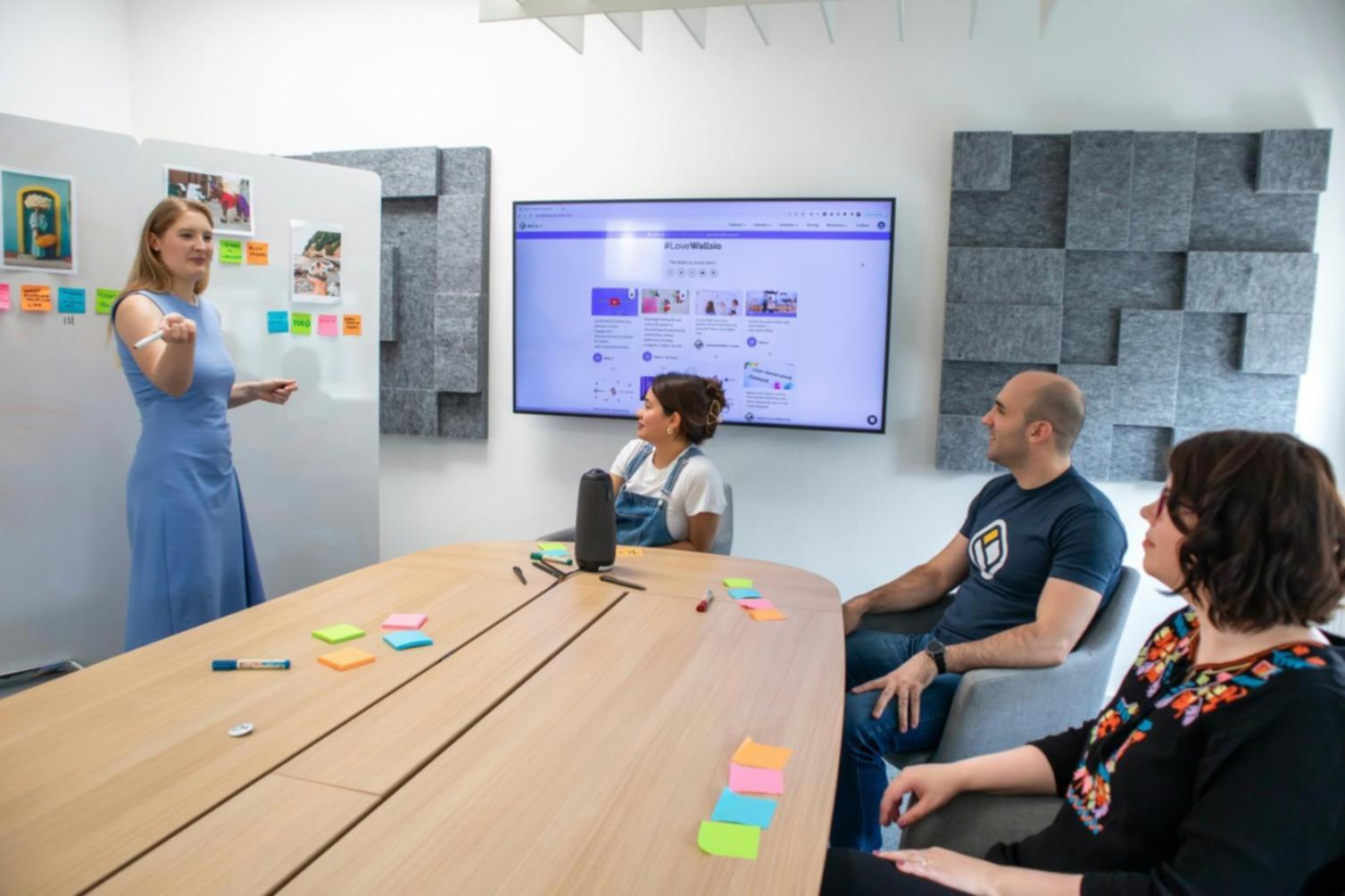Ready to Build Financial Confidence?
Our next cohort begins in September 2025 with limited enrollment to
maintain small group discussions. Programs run for six months with
monthly in-person workshops in London, Ontario, and weekly virtual
sessions.
We're looking for business owners, managers, and professionals who need
to make financial decisions but lack formal training. Previous finance
experience isn't required, but willingness to work through challenging
concepts is essential.
1
Contact Us
Schedule a conversation to discuss your specific learning
goals and whether our approach fits your needs. We'll be
honest about whether the program is appropriate for your
current situation.
2
Review Program Structure
Detailed curriculum information is available on our
learning program page. We cover everything from basic
statement analysis to advanced forecasting techniques over
the six-month period.
Get Program
Information





